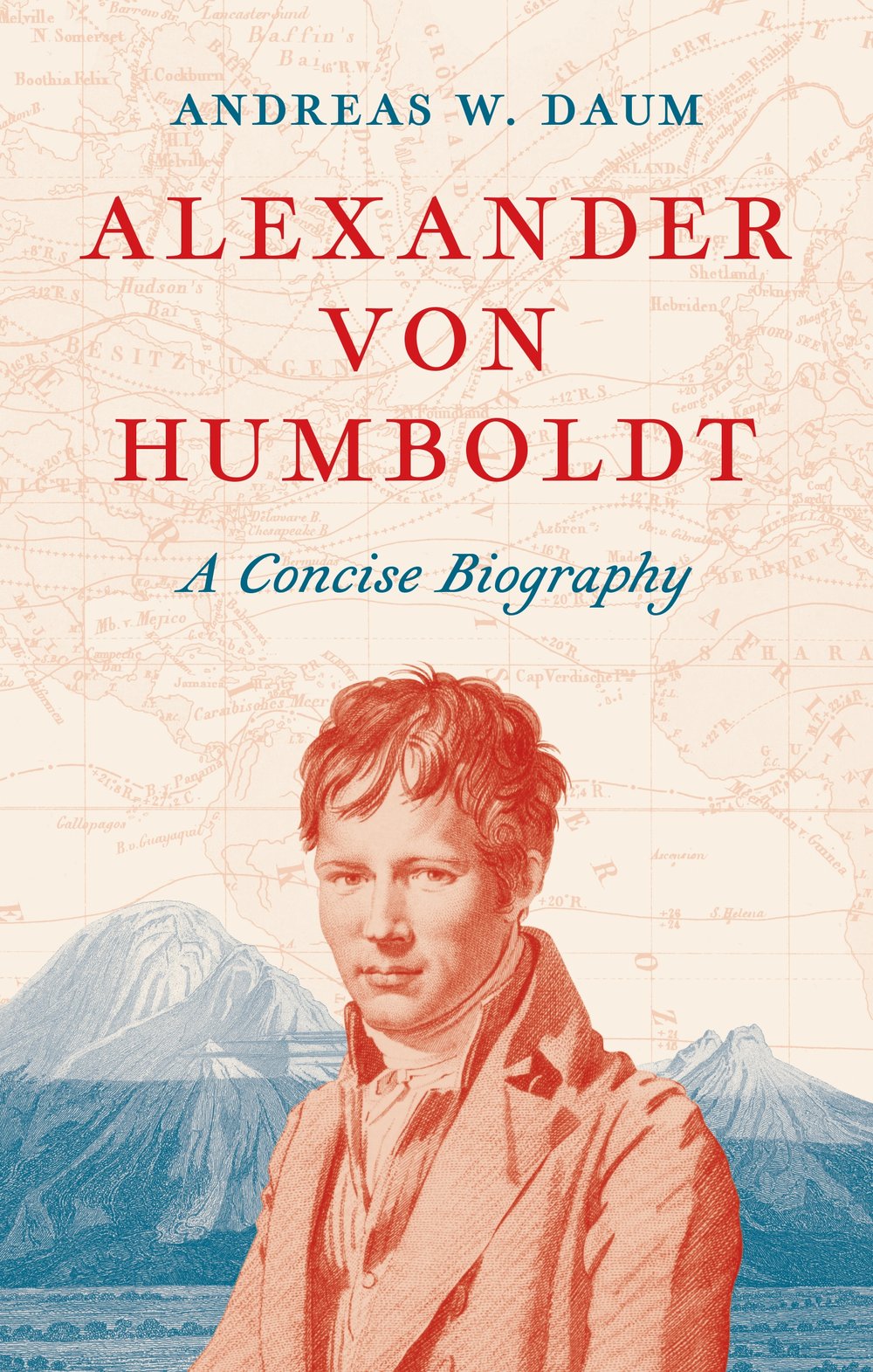Alexander von Humboldt
A Concise Biography

In this lucid biography, Andreas Daum offers a succinct and novel interpretation of the life and oeuvre of Alexander von Humboldt (1769-1859). A Prussian nobleman born into the age of European Enlightenment, Humboldt was a contemporary of Napoleon, Simón Bolívar, and Charles Darwin. As a naturalist and scholar, he travelled the world, from the Americas to Central Asia, and recorded his observations in multiple volumes. Humboldt is still admired today for his interdisciplinary outreach and ecological awareness.
Moving beyond the conventional views of Humboldt as either intellectual superhero or gentleman coloniser, Daum’s incisive account focuses on Humboldt in the context of the tumultuous period of history in which he lived. Humboldt embodied the contradictions that marked the age of Atlantic Revolutions. He became a critic of slavery and embraced the emerging civil society but remained close to authoritarian rulers. He dedicated his life to scientific research yet was driven by emotional impulses and pleaded for an aesthetic appreciation of nature. Daum introduces a man passionately striving to establish a 'cosmic' understanding of nature while grappling with the era’s explosion of knowledge.
This book provides the first concise biography of Humboldt, covering all periods of his life, exploring his personality, the vast range of his works, and his intellectual networks. Daum helps us understand Humboldt as a seminal historical figure and illuminates the role of science at the dawn of the global world.

Andreas W. Daum is professor of history at the State University of New York (SUNY) at Buffalo and a recipient of the Humboldt Research Award. He is the author of Kennedy in Berlin and Popularizing Science in the Nineteenth Century (in German), among others.
